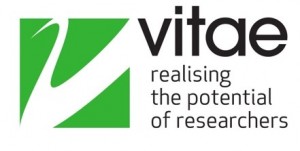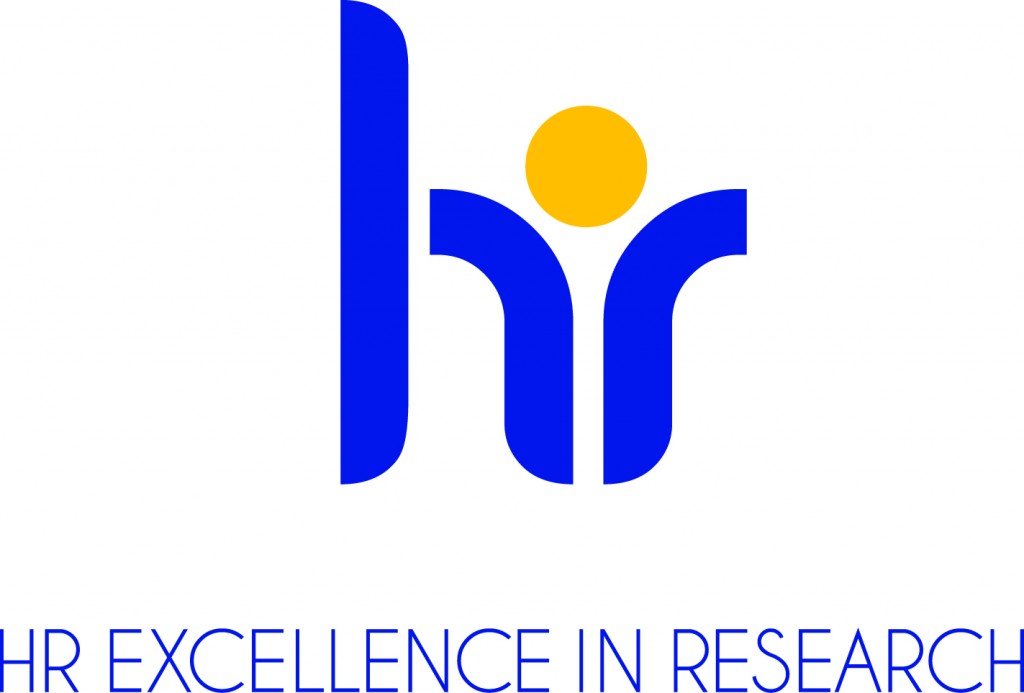Are you aware of the new unveiling of the Researcher Development Evaluation Toolkit? This could be a fantastic opportunity for you. The aim of the toolkit, which is developed by the Vitae Impact and Evaluation Group, is to provide researcher developers, policy and decision makers with access to a range of useful evaluation resources including evaluation template shared by our member institutions, case studies, papers, presentation and links.
This toolkit is a great addition to resources on impact and brings together the significant body of work Vitae and the Vitae Impact and Evaluation Group have developed since the original researcher development sector impact framework document first published in 2008. This resource should prove a great support to those evaluating impact whether new to the area or experienced in evaluation.
These resources can help with focusing on what is important when planning and implementing researcher development evaluation projects.
Impact levels for researcher development evaluation – The Impact Framework establishes a clear and robust focus for evaluation of researcher development initiatives and activity. It takes you through five levels of evaluation
Planning your evaluation – A step by step approach to help plan a successful evaluation study.
Evaluation templates – These are useful templates to help in the design of researcher development evaluation surveys.
Evaluation case studies – These researcher development impact case studies are written by higher education institutions in the UK.
Papers and Presentation – These give you access to recent papers and presentations with useful references to help develop successful evaluation studies.
Useful Links – There is additional information available to members on specific topics linked to researcher development evaluation.
There is huge encouragement for the members to contribute more examples of evaluation templates – join the Vitae Member Community for future updates.















 Dr. Ashraf cited on ‘Modest Fashion’ in The Guardian
Dr. Ashraf cited on ‘Modest Fashion’ in The Guardian NIHR-funded research launches website
NIHR-funded research launches website Academics write for newspaper in Nepal
Academics write for newspaper in Nepal New paper published on disability in women & girls
New paper published on disability in women & girls MSCA Postdoctoral Fellowships 2025 Call
MSCA Postdoctoral Fellowships 2025 Call ERC Advanced Grant 2025 Webinar
ERC Advanced Grant 2025 Webinar Horizon Europe Work Programme 2025 Published
Horizon Europe Work Programme 2025 Published Horizon Europe 2025 Work Programme pre-Published
Horizon Europe 2025 Work Programme pre-Published Update on UKRO services
Update on UKRO services European research project exploring use of ‘virtual twins’ to better manage metabolic associated fatty liver disease
European research project exploring use of ‘virtual twins’ to better manage metabolic associated fatty liver disease